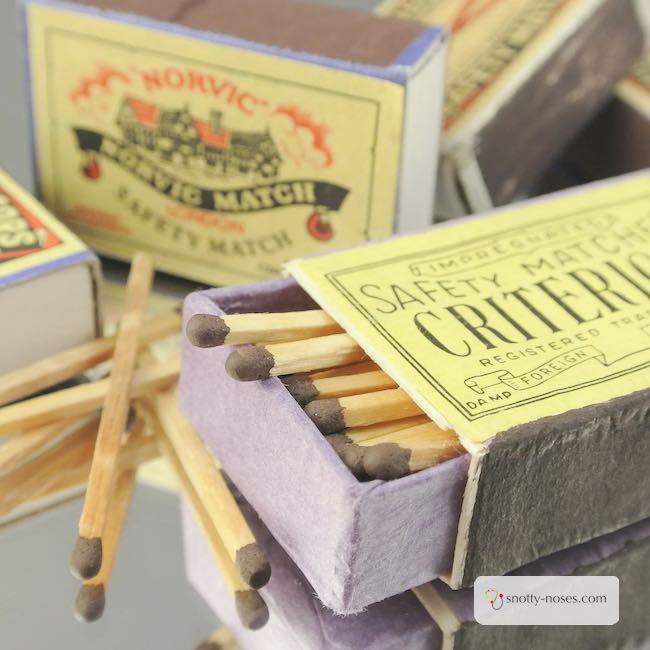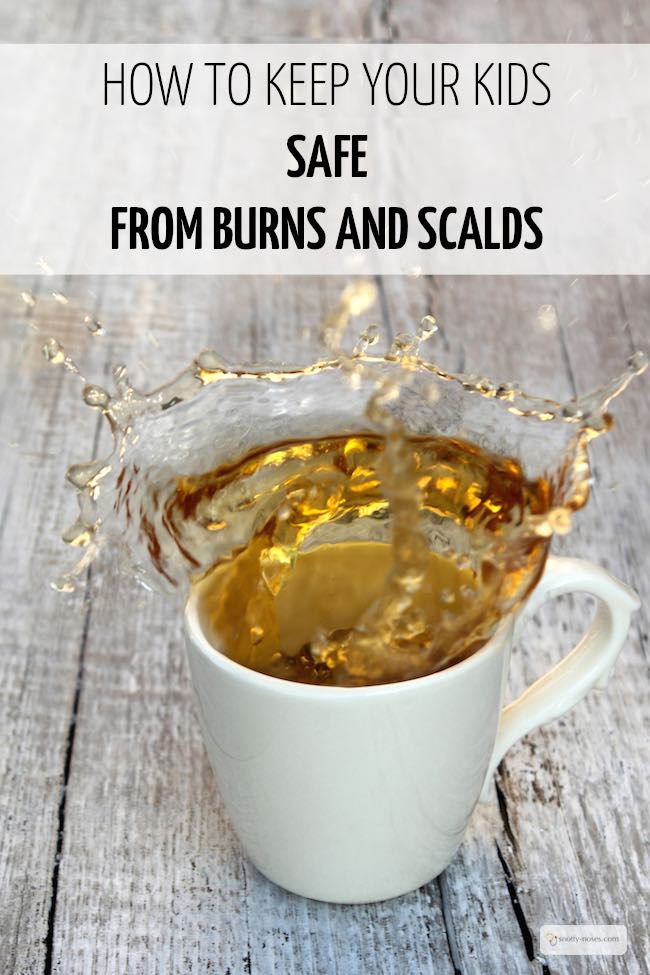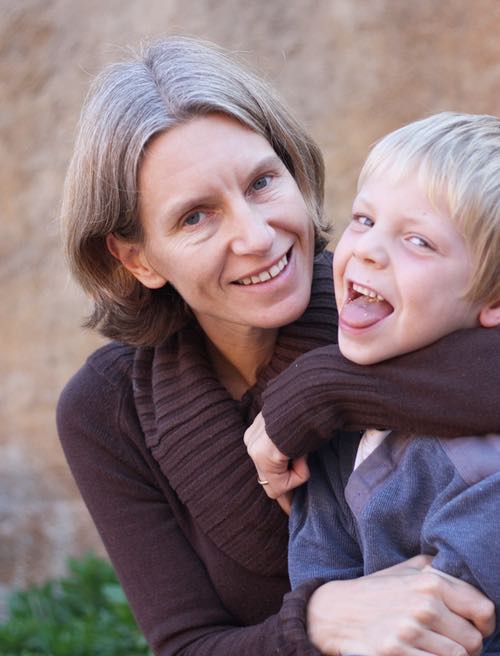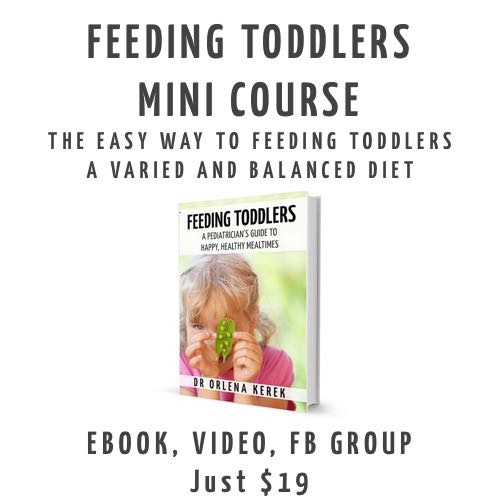Granddad places a steaming coffee pot in the middle of the coffee table. Clouds of fragrant steam waft around the room. He settles down comfortably in his chair to read a story to his granddaughter. Three year old Celeste, boisterous and full of beads as ever, bounces into the room. She energetically leans on the unstable table which overturns, sending the scalding liquid flying.
Scalds and burns in children can happen in the blink of an eye.
But their consequences can last forever.

This post contains affiliate links.
It is estimated that in the US over 1000 children die from burns every year.
And you know what?
Burns are preventable.
The majority of childhood accidents are preventable.
Even poisoning and choking is preventable.
Facts About Scalds to Children
- Hot drinks are the number one culprit and cause most scalds to children under the age of five.
- Children have really sensitive skin so a hot drink can still scald, even 15 minutes after it’s been made.
- Hot bath water is responsible for the highest number of fatal and severe scalding injuries among young children.
- In the UK around 500 children, mainly under fives, are admitted to hospital and a further 2000 attend A&E departments every year as a result of bath water scalds.
Preventing Scalds in Children
- Never hold a hot drink and a child at the same time.
- Keep hot drinks out of reach of children, away from the edges of tables.
- Keep small children out of the kitchen at critical cooking times (e.g. when draining a big pan of boiling water, or transferring hot objects.)
- Set your hot water to 46°C (120 °F) or less. If you can’t, make sure you run baths with the cold water first.
- Test bath water with your elbow or wrist before your child gets in.
Scalds and Burns Immediate Treatment
What should you do if an accident does happen? Remember to keep calm so that you can help your child.
- Don’t panic!
- Remove any clothing near the scald.
- Run the parts under cool or lukewarm water for 20 minutes. Don’t use ice or iced water.
- Do you need to call an ambulance?
- Keep your child warm, you don’t want them to get hypothermia.
- Give them over the counter medicine (paracetamol and ibuprofen).
- Wrap the wound in cling film. This stops the air from getting to it and makes it less painful as well as acting as a barrier to stop germs from getting to it.
- Take them to hospital, or wait for an ambulance to arrive if you have called the ambulance. All children under the age of five should go to hospital if they are scalded or burnt.
When you reach hospital, you will be referred to further teams, such as the paediatric and burns teams. You will be asked to repeat the story lots of times. This is normal. Each member of the team wants to hear what happened directly from you or someone who was present.
Recovery can take weeks or months and your child may be left with permanent scarring.
When the wound has healed sufficiently and has intact skin covering it, you can use Bio Oil to help reduce the amount of scar tissue.
Fires and Children
Domestic fires are a burning hazard to children. Playing with matches can lead to houses burning down
Preventing Fires and Burns in Children
- Use of a coiled flex or a cordless kettle
- Keep small children out of the kitchen whenever possible, especially at critical cooking times when you’re likely to be distracted.
- Use the hobs at the back instead of the front ones and make sure pan handles point away from the front so that kids can’t grab them.
- Don’t leave wooden spoons dangling in the pan. Take them out and balance them on top of the pan or on the side, to stop them flicking boiling liquid around.
- Keep hot irons, curling tongs and hair straighteners out of reach even when cooling down.
- Keep matches and lighters out of sight and reach of children. When they are old enough, teach them to use matches in a supervised environment.
- Extinguish and despise of cigarettes properly. (Or give up entirely, it will really help you decrease your cancer risk!)
- Fit a smoke alarm. (And a carbon monoxide alarm.) Test them regularly. (You can get a combined one if you prefer.)
- Switch off electrical items that you aren’t using.
- Use a fire guard if you have an open fire. If it needs to be attached to the wall, make sure it is. Don’t hang things from it.
- Work out an escape route from your house. Practise it with your kids regularly.
- Keep candles away from anything that can burn and blow them out when you’ve finished with them. (I once made a pirate birthday cake with paper sails that caught light. Not a great idea!)
- Use a pan cover when frying oils that spit everywhere.
Ask A Fireman to Tea!
Did you know that if you live in the UK, your local fire service will come around to your house and give you fire safety tips? They’ll look for potential hazards and advise you on the best route out in case of a fire. Not only is this a fabulous safety idea but your kids will LOVE having a real live fireman come to their house.
Sun Burn in Children
Children are also very sensitive to sun burn and sadly every year young children get admitted to hospital with sun burn or heat exhaustion.
Remember to keep your kids safe on the beach and to keep babies and children safe in the sun.
The End of the Story
The scorching coffee goes flying through the air, covering grandma’s legs in scolding liquid. Thankfully my daughter Celeste by some miracle, was entirely unharmed. But poor grandmother was badly hurt. Over two months later she’s still in pain and has dressings on her legs.
It happened in the blink of an eye but the consequences, both physical and mental are enduring.
Thank fully she is now on the road to recovery.
You can prevent scalds and burns to children by thinking in advance and applying these safety measures.


 Feeding Toddlers.
Feeding Toddlers. Would you like your kids to eat more healthily? Check out the book!
Would you like your kids to eat more healthily? Check out the book!